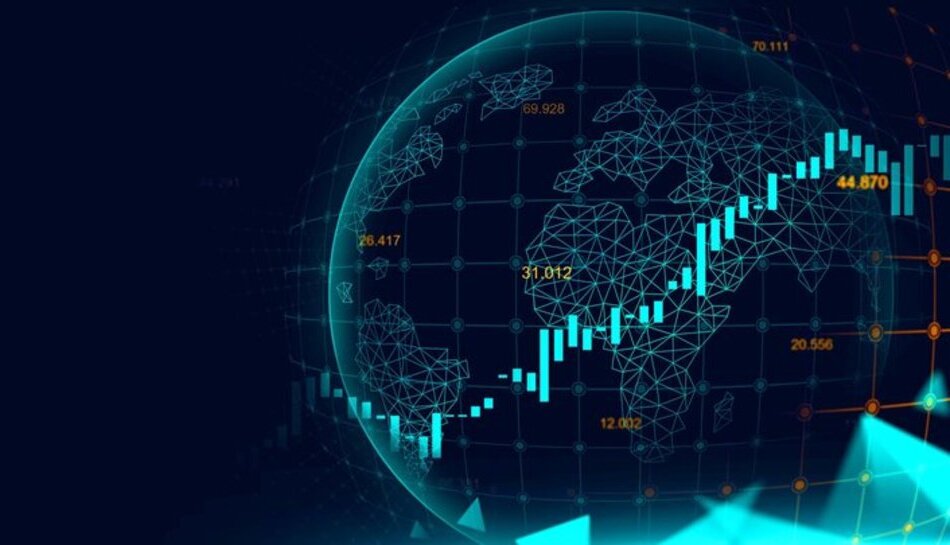Investment Products
Investment Products
This company remains the best in terms of customer service and prompt payment of profits. Kudos!.

Stephanie Andrews
Investor
My first experience with investing was with Pioneer-Capital Trust, and I am glad I took that step.

Annie Hoffman
Single Mom
My wife's colleague at work kept advising us to put some money aside for the future, so we asked our broker and she recommended Pioneer-Capital Trust.

Patrick C.
Computer Engineer
I've been an investor since my teenage years, so I know how to spot a good investment. Pioneer-Capital Trust is ahead of many others.

Ahmed Hakeem
Banker
Downloads
FUTURES

The futures market originated in the commodities industry. It was farmers, miners and oil producers who wanted to manage the risk of not knowing the price they would get for their product in the future. This gave birth to the futures contract. Essentially, the seller of a futures contract would agree to sell a fixed quantity of a certain commodity on a particular day in the future to whomever wanted to buy the contract. The price of this contract would depend on the demand from buyers, as well as the supply from other sellers.
Investment Strategies
Personal Trading
Here are four effective strategies for trading Futures, if you want to trade yourselsf:
- The Pullback Strategy
- Going Long
- Breakout Trading
- Spread Trading
Futures trading is fraught with risk; discipline can be the difference between huge profits and devastating losses. The strategy you choose will guide your decision making, and you shouldn’t let emotions get in the way of making appropriate trading decisions.
Managed Investing
The narrative is the same as with other instruments and assets. having an investment company manage your trades and investment gives you peace of mind, and the time and freedom to do anything you want to do with your family and loved ones. That's why Alcons Finance is here.